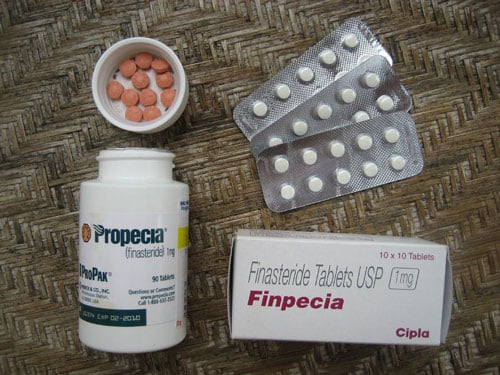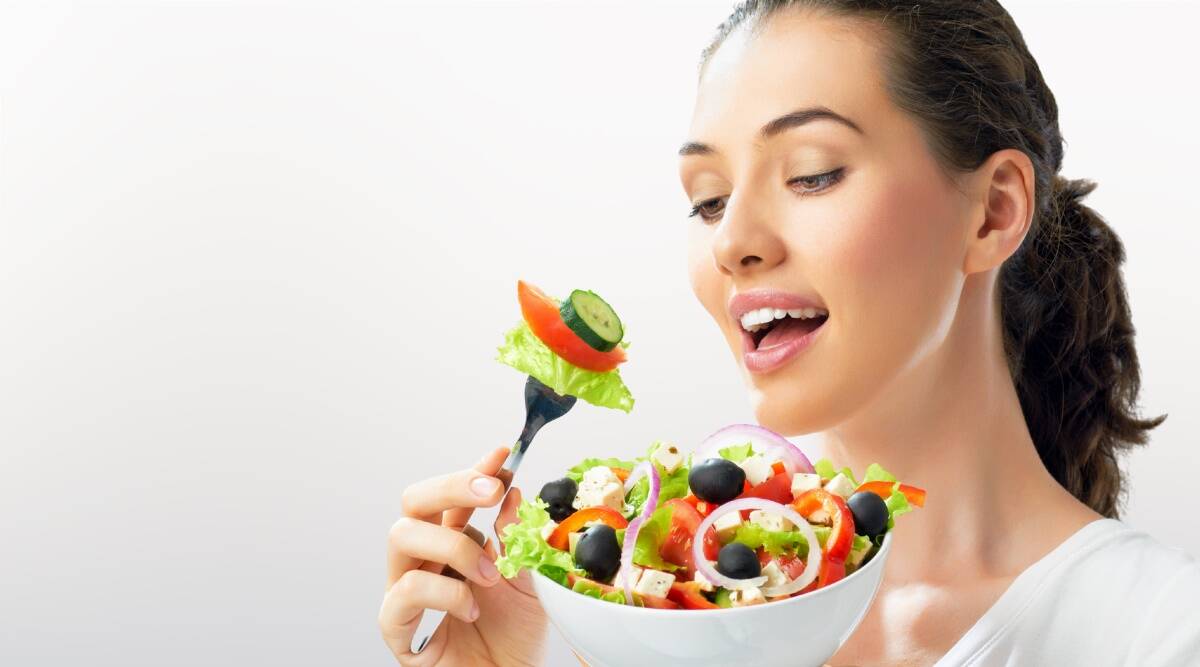 Diet plays a huge role in the health of your heart. Yet for many people, healthy eating is a challenge. Perhaps the biggest problem is the easy access to cheap, highly processed, unhealthy junk food. But conflicting and confusing nutrition advice from popular books, blogs, and other sources is a close second. And chances are your doctor has neither the time nor the training to give you sound nutrition advice.
Diet plays a huge role in the health of your heart. Yet for many people, healthy eating is a challenge. Perhaps the biggest problem is the easy access to cheap, highly processed, unhealthy junk food. But conflicting and confusing nutrition advice from popular books, blogs, and other sources is a close second. And chances are your doctor has neither the time nor the training to give you sound nutrition advice.
“People also think that changing their diet requires a major overhaul,” says Dr. JoAnn Manson, professor of medicine at Harvard Medical School and chief of preventive medicine at Brigham and Women’s Hospital. “But the reality is that a few small changes can go a long way toward improving your eating habits,” she says. See “Diet swaps for a healthier heart” for a summary of these suggestions, taken from a piece she coauthored in the Sept. 26, 2017, Journal of the American Medical Association.
Proven patterns
All of the changes are based on dietary patterns proved to prevent heart disease or its risk factors — in particular, the Mediterranean diet and the DASH (Dietary Approaches to Stop Hypertension) diet. Both encourage eating plenty of fruits, vegetables, whole grains, beans and other legumes, nuts, and seeds (and olive oil, in the case of the Mediterranean diet). They also recommend moderate amounts of seafood, poultry, eggs, and dairy, but small amounts of sweets and red (or processed) meat.
Diet swaps for a healthier heart | ||
| Look over the following list of diet changes and choose just one to start. The goals are modest — nothing too drastic — and can be achieved with small steps. Work on one for a week or so, and then add another. | ||
| Dietary element | Target to aim for | Suggested changes to meet the goal |
| Fast-food meals or snacks | Eat one fewer fast-food meal per week | Replace a fast-food hamburger with prepared food from a supermarket or a sandwich from home |
| Fruit | Eat an extra serving of fruit every day | Add fresh, frozen, or canned fruit to yogurt |
| Vegetables | Eat an extra serving of vegetables every day | Add fresh, frozen, or canned vegetables to a smoothie |
| Seafood | Consider eating one serving per week | Replace a fast-food entree or ham sandwich with a tuna sandwich |
| Regular snack chips or crackers | Cut one serving per week | Replace one serving of chips or crackers with a small handful of nuts |
| Desserts and other sweets | Cut one serving per week | Replace one sugary sweet or dessert with a fruit or a handful of nuts |
| Butter or meat fat | Use less trans and saturated fats for flavor | Replace butter with a light drizzle of olive oil (and spices, if you like) |
| Source: Adapted from Journal of the American Medical Association, Sept. 26, 2017, pp. 1101-1102. | ||
Fresh alternatives to processed foods
The suggested food swaps urge people to substitute healthy and tasty alternatives to replace unhealthful foods. For instance, eating things such as potato chips, crackers, and cookies and other sweets, and drinking sugary soda tends to rapidly raise your blood sugar, which over time can lead to insulin resistance and weight gain. “Those are key factors in the development of type 2 diabetes, high blood pressure, abnormal blood lipid levels, and heart disease,” says Dr. Manson.
So instead of eating potato chips and sour cream dip, snack on tortilla chips and salsa. You’ll avoid the starchy carbs and saturated fat and get whole grains (ground corn) and vegetables (tomatoes, onions, and peppers). These foods, as well as the other alternatives Dr. Manson recommends, contain nutrients such as fiber, vitamins, and minerals that promote heart health. One of her favorite swaps, a small handful of mixed nuts, is a good substitute for chips, crackers, or cookies. Nuts are also high in fiber, healthy unsaturated fats, and other nutrients. Plus, they’re very, very filling, so you won’t feel hungry again within a couple of hours. Instead of a dessert, have a bowl of fresh berries. “People really enjoy eating fruit once they give it a try,” she says.
Getting people to eat more vegetables can be a harder sell, Dr. Manson admits. Unpleasant early encounters with dull, overcooked vegetables are sometimes to blame. More often, though, people say they don’t have time to shop for fresh vegetables on a regular basis. But frozen vegetables are a convenient, affordable alternative.
If you like smoothies, you can blend a handful of kale or spinach (either fresh or thawed from frozen) into your drink. Or try oven roasting, which works with all sorts of vegetables (see “Vegetable of the month: Brussels sprouts”).
Vegetable of the monthEditor’s note: In the spirit of encouraging people to eat more vegetables, we’ll be highlighting a different vegetable each month on this page throughout the year. Brussels sprouts If you have bad childhood memories of overcooked, strong-smelling Brussels sprouts, it’s time to give this vegetable a second chance. When they’re steamed, microwaved, or roasted until just tender, Brussels sprouts are far more appealing. You can also eat them raw; try shredding or slicing the sprouts and tossing with mustard vinaigrette. Nutritional info: One cup has about 55 calories and provides close to 4 grams each of protein and fiber. They’re also rich in vitamins A, C, and K, as well as folate (vitamin B9) and potassium. Easy recipe: Rinse and halve Brussels sprouts, then toss in a bowl with a drizzle of olive oil and a pinch of salt and pepper. (You can also experiment with other spices, such as paprika, garlic powder, or salt-free seasoning blends.) Spread in a single layer on a baking sheet. Roast in a 400° F oven for 30 to 35 minutes, tossing a few times for even browning. |
Less disease, lower costs
The diet swaps have the added advantage of helping people to lose weight, which contributes to the benefits of a healthy diet. That’s especially important considering that nearly 40% of American adults are obese. “Gradually making small diet changes will not only reduce the burden of heart disease and other chronic illnesses, it will also improve quality of life and lower health care costs,” says Dr. Manson.
[“Source-health.harvard”]



















